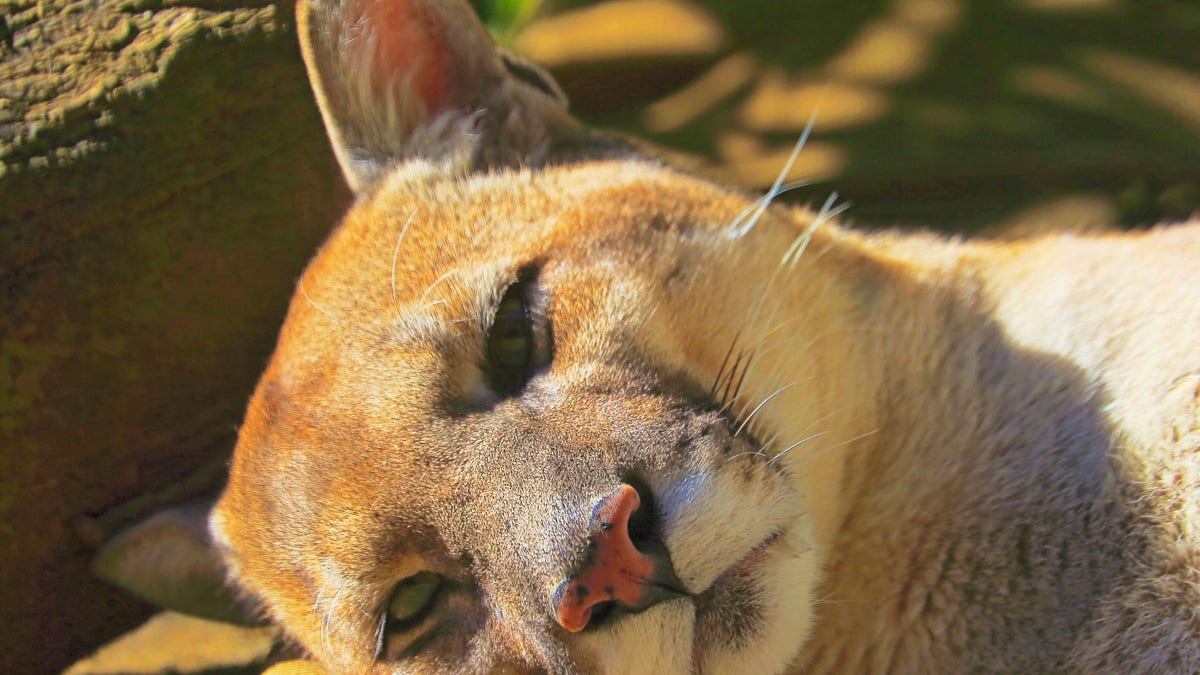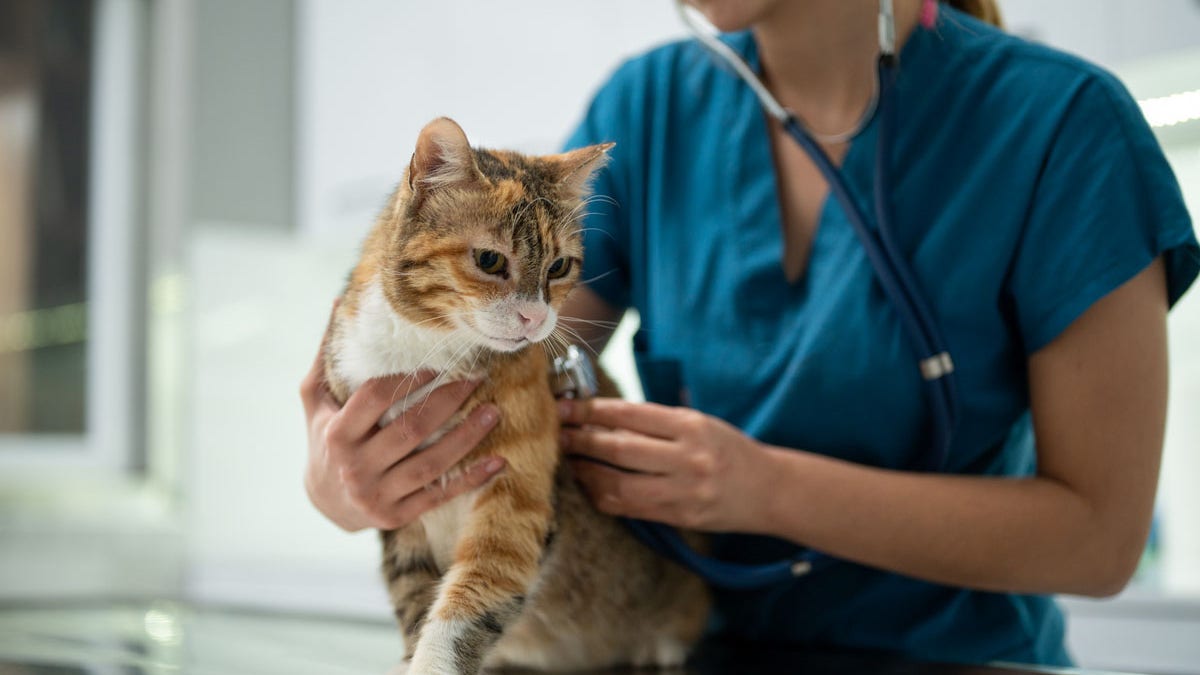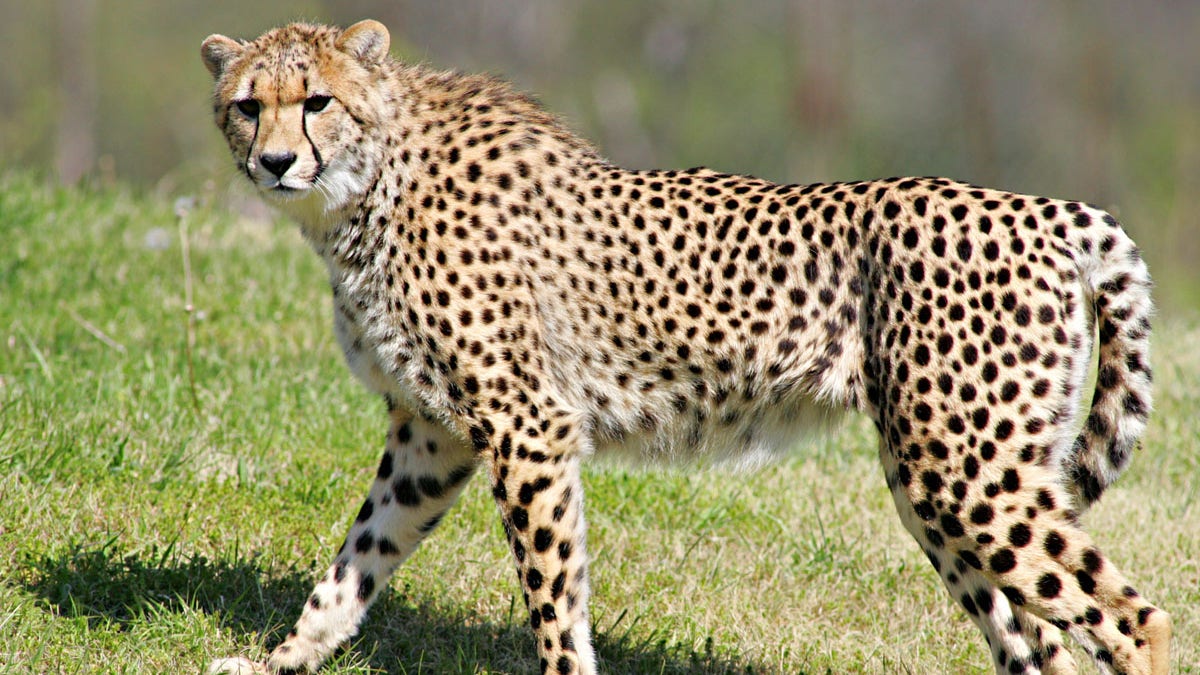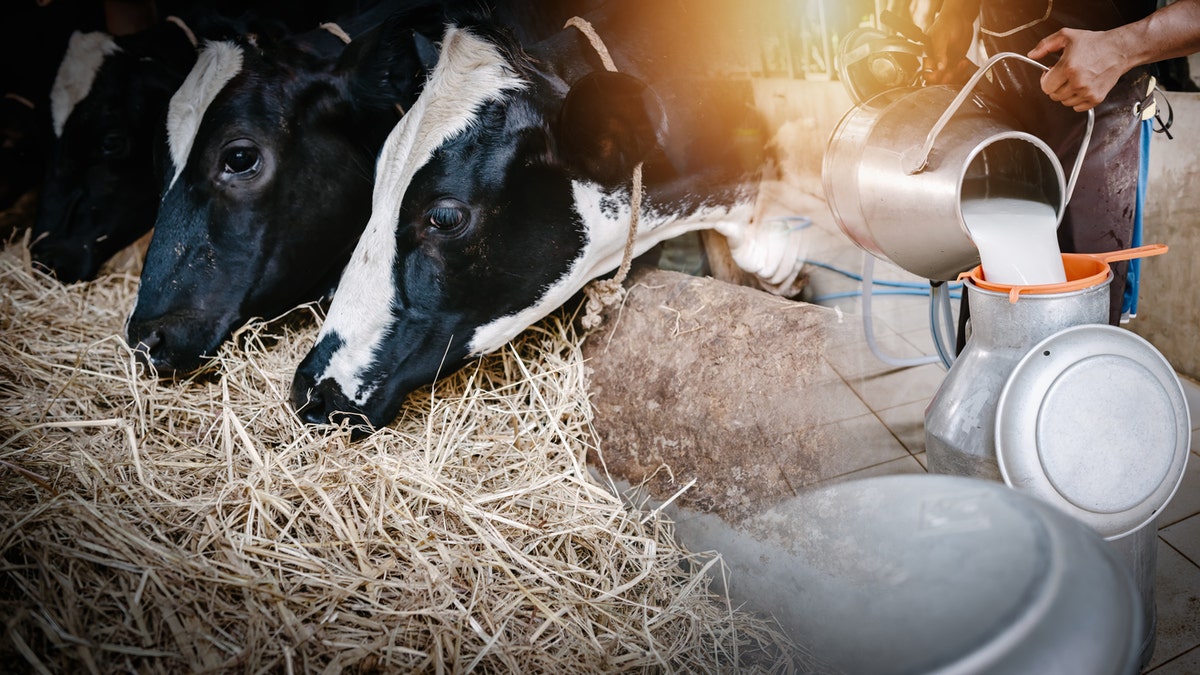Following a recent USDA mandate for bird flu testing in raw milk, concerning reports have surfaced regarding animal deaths linked to the virus. Two cats in Los Angeles County died after consuming recalled raw milk, exhibiting symptoms like fever, appetite loss, and neurological problems. While confirmatory tests are pending, health officials suspect H5 bird flu. Cats can contract the virus by ingesting infected animals or contaminated raw milk. Although cat-to-human transmission is possible, it hasn't been observed in this outbreak.

The Los Angeles County Department of Public Health Director, Dr. Barbara Ferrer, stressed the low risk of bird flu in the county but emphasized the potential dangers of raw dairy consumption. She urged residents to avoid raw and undercooked animal products, limit contact with sick or dead animals, report deceased birds, and keep pets away from wildlife.

Meanwhile, several animals at the Wildlife World Zoo in Arizona also succumbed to bird flu, including a cheetah, mountain lion, swamphen, Indian goose, and kookaburra. A white tiger was infected but responded positively to treatment. A zoo spokesperson confirmed no new cases in nine days and no infections among staff. They expressed sadness over the animal losses but highlighted the effectiveness of their protocols in containing the spread.

Outbreaks continue to be reported in various animal populations, including dairy cattle, poultry, waterfowl, and wild birds across several states. Dr. Sam Scarpino of Northeastern University highlighted the worsening situation with H5N1 in the U.S., emphasizing the dangers of raw milk consumption. He urged improved control measures for H5N1 transmission in cows and further investigation into its interstate spread.

Dr. Jacob Glanville of Centivax cautioned about the high H5N1 concentrations found in raw milk, highlighting the potential infection risk without pasteurization. He noted the virus's mutations and potential risk, although raw milk-related H5N1 infections remain uncommon. While most cows experience mild infections, the strain is highly virulent in birds, ferrets, and primates. He emphasized the importance of pasteurization to prevent harmful pathogen transmission.

Glanville warned that even a single mutation could significantly increase the virus's infectivity in humans. Given the virus’s persistence in milk, potential to infect mucous membranes, and the possibility of a pandemic, he strongly advises against raw milk consumption.








